Charitable Travel Animal Protection Guidelines
At Charitable Travel, we do not knowingly sell or promote venues and/or activities that offer tourists any of the following experiences, and we guard against this:
- Close interaction with wild animals, such as touching or riding, including but not limited to elephant riding and bathing, swimming with dolphins or walking with lions;
- Watching wild animal performances, including but not limited to dolphin shows, circuses, and orangutan boxing;
- Photo opportunities with wild animals, including, but not limited to big cats, sloths, or primates, tiger selfies, dolphin kissing, or selfies with orangutans;
- Watching animals fight or race, or being used in other sports or cultural events that cause animals to suffer or die, including but not limited to bullfighting and running, crocodile wrestling, dog fighting, rodeo, elephant polo and horse racing;
- Visiting facilities where captive wild animals are bred and kept for commercial products, including but not limited to crocodile farms, civet coffee farms, bear bile farms, and turtle farms;
- Engaging in trophy, canned hunting or sport fishing.
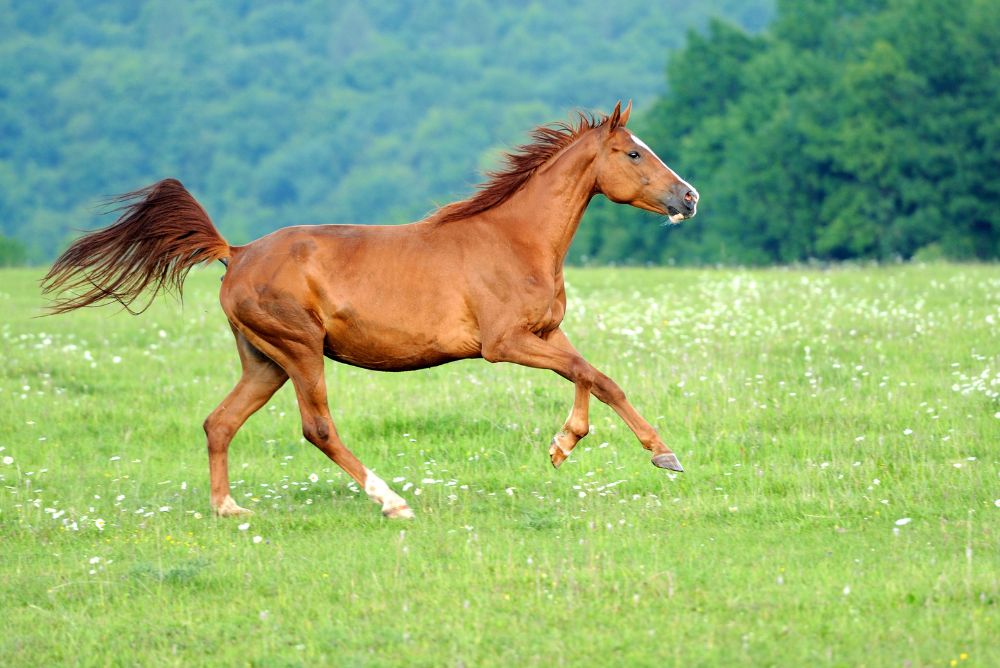
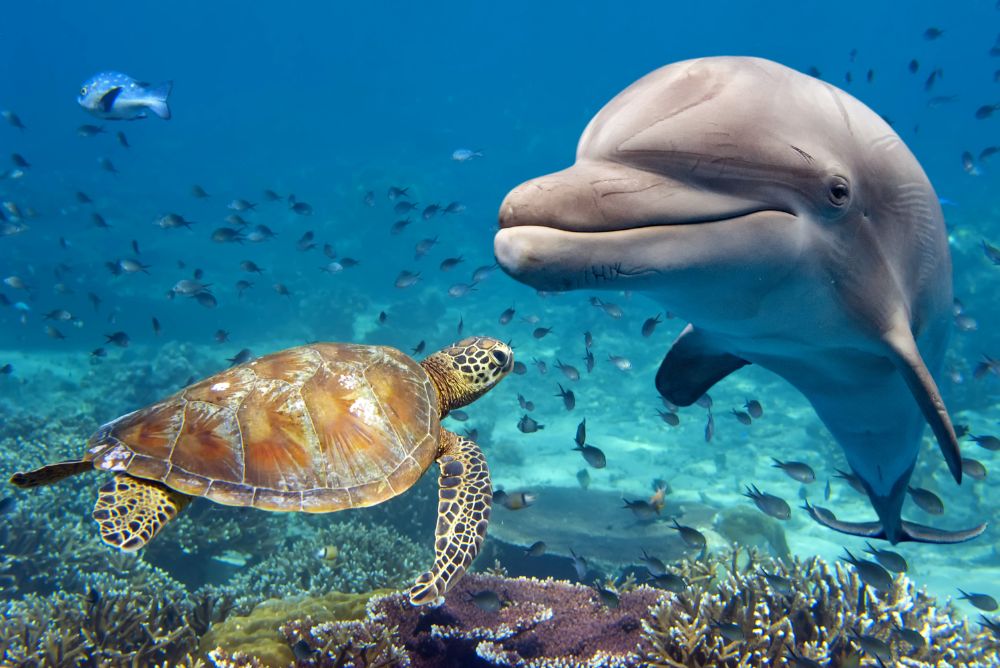
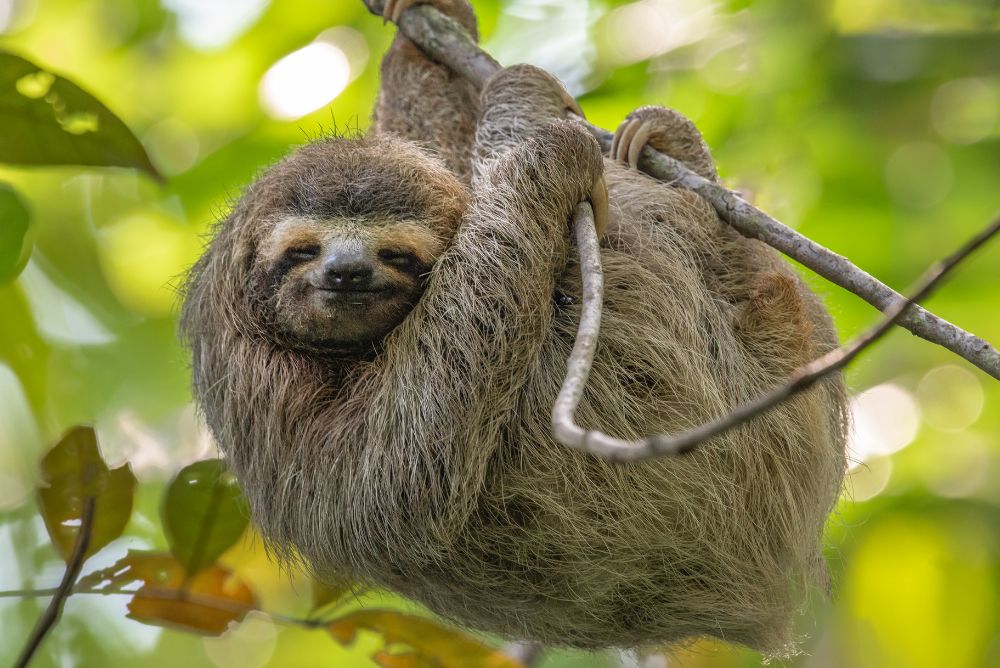
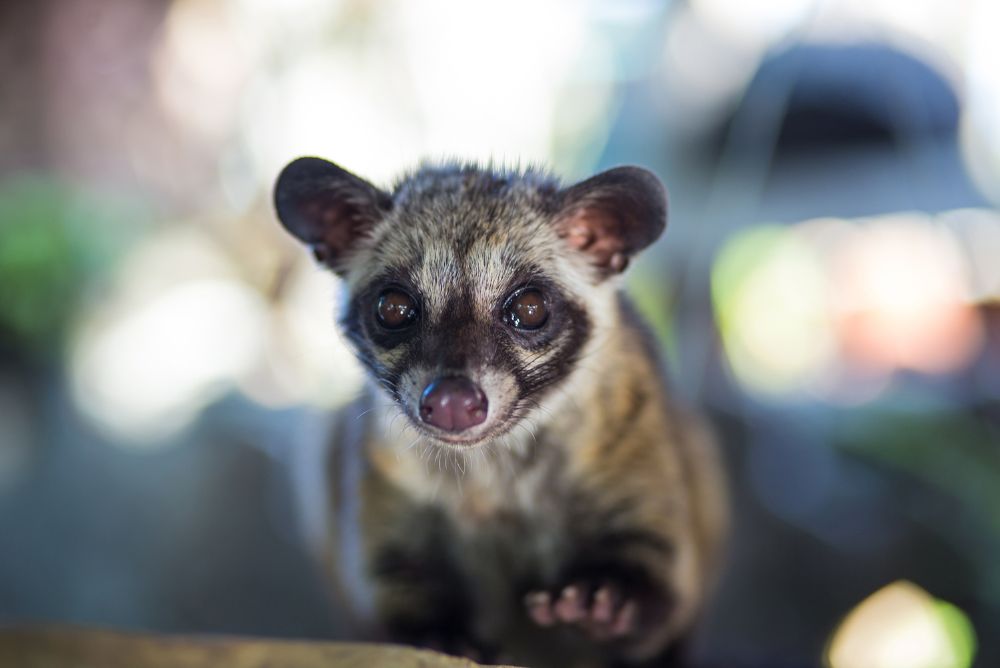
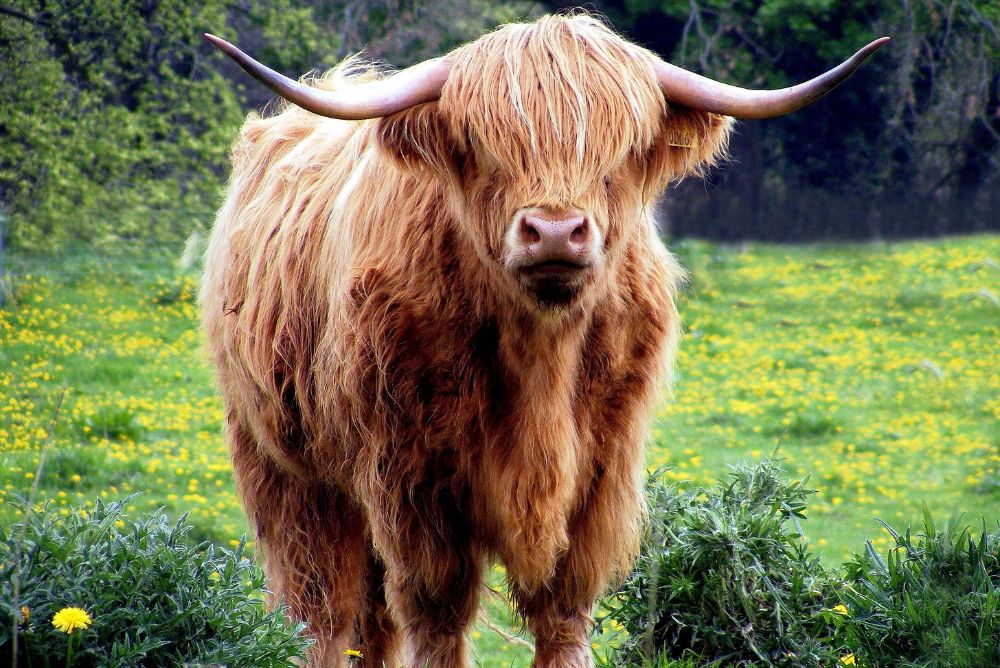
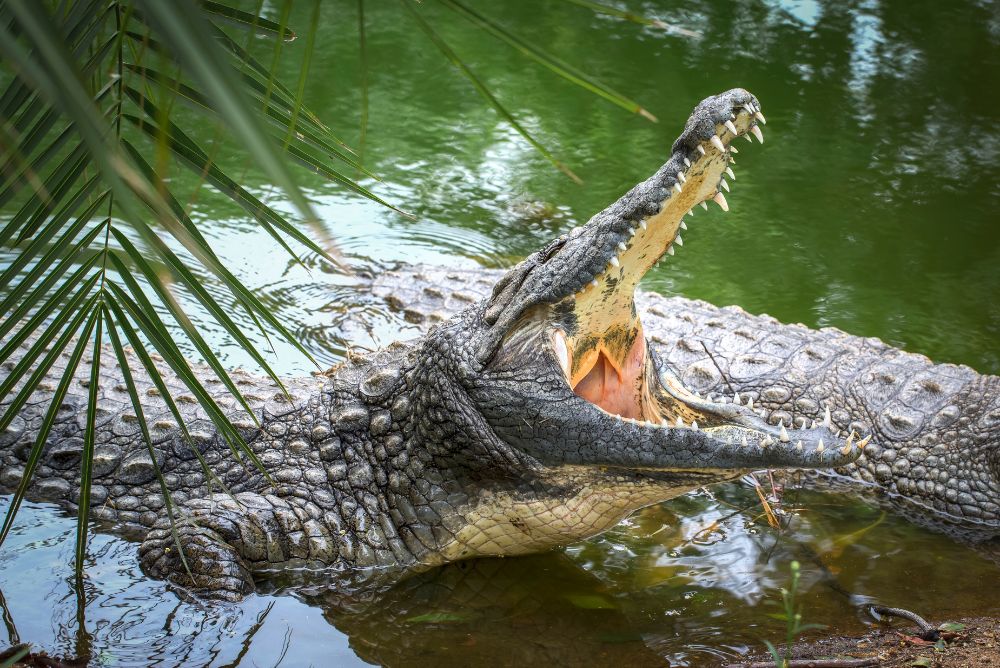
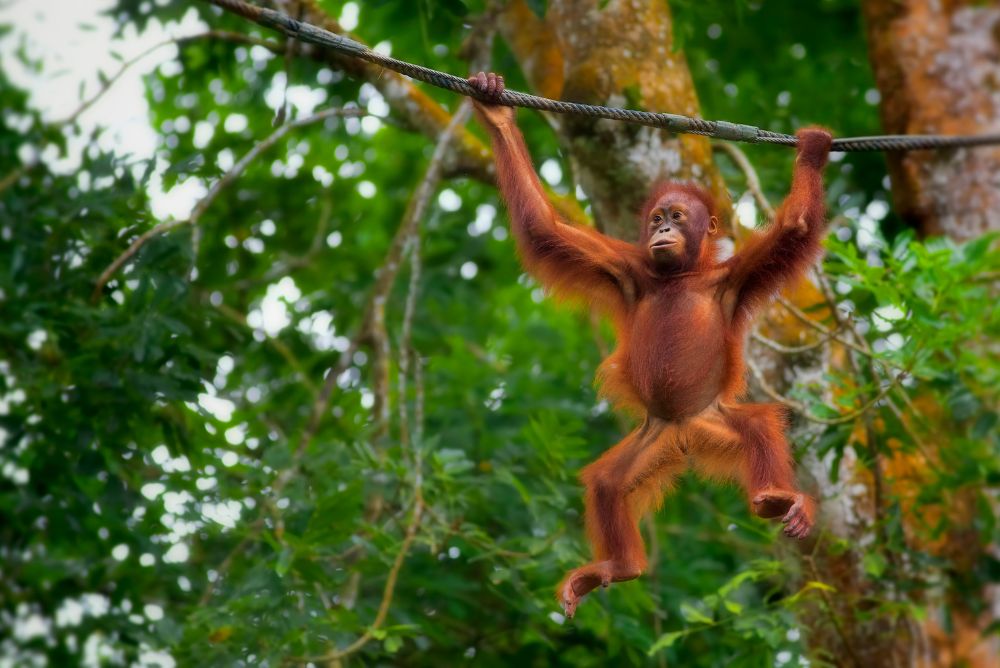
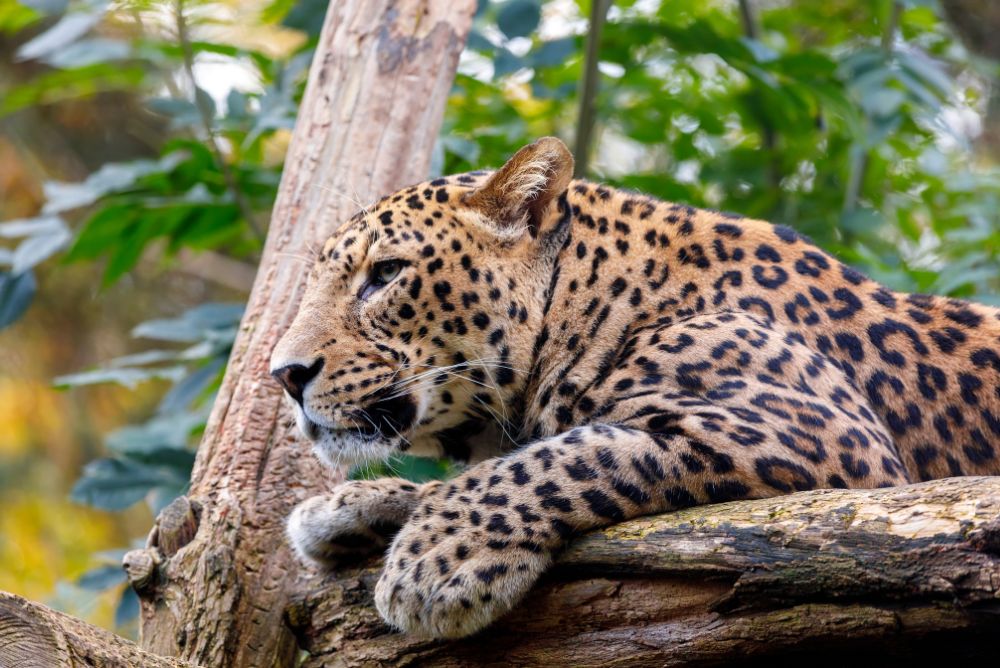
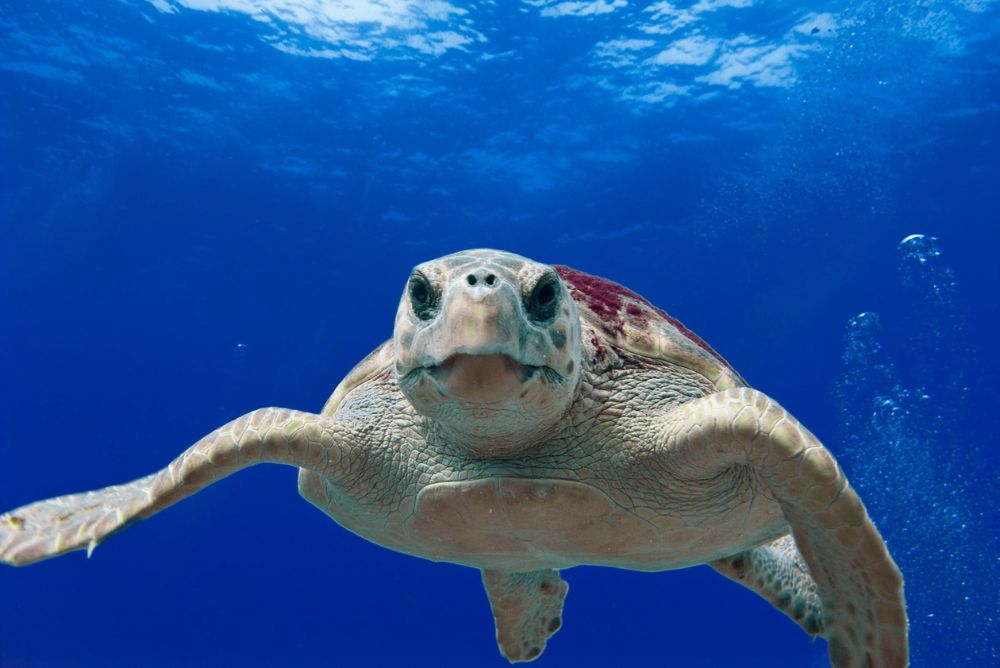
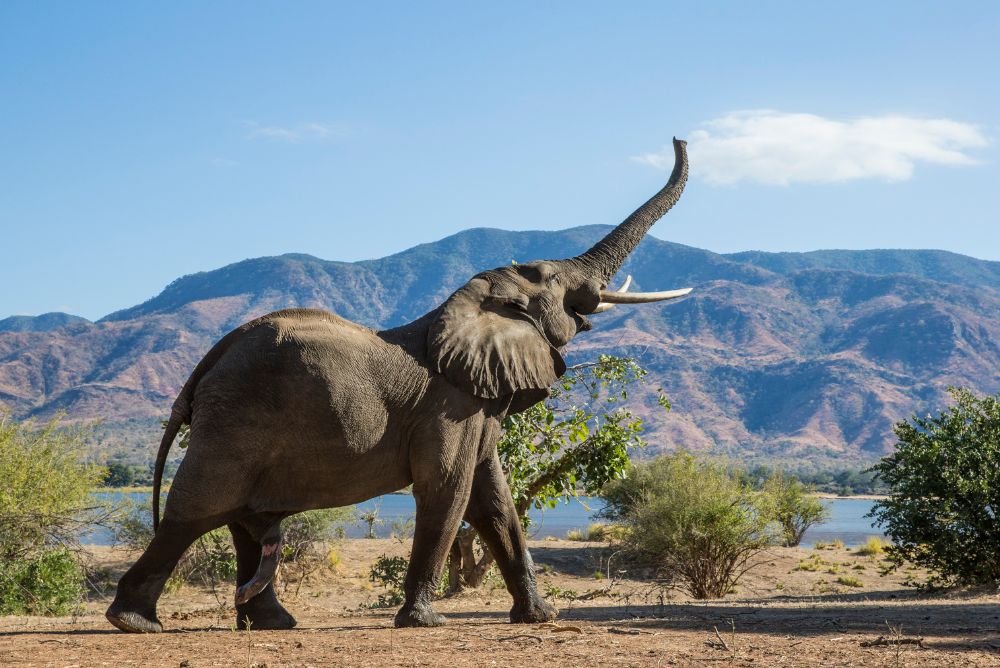
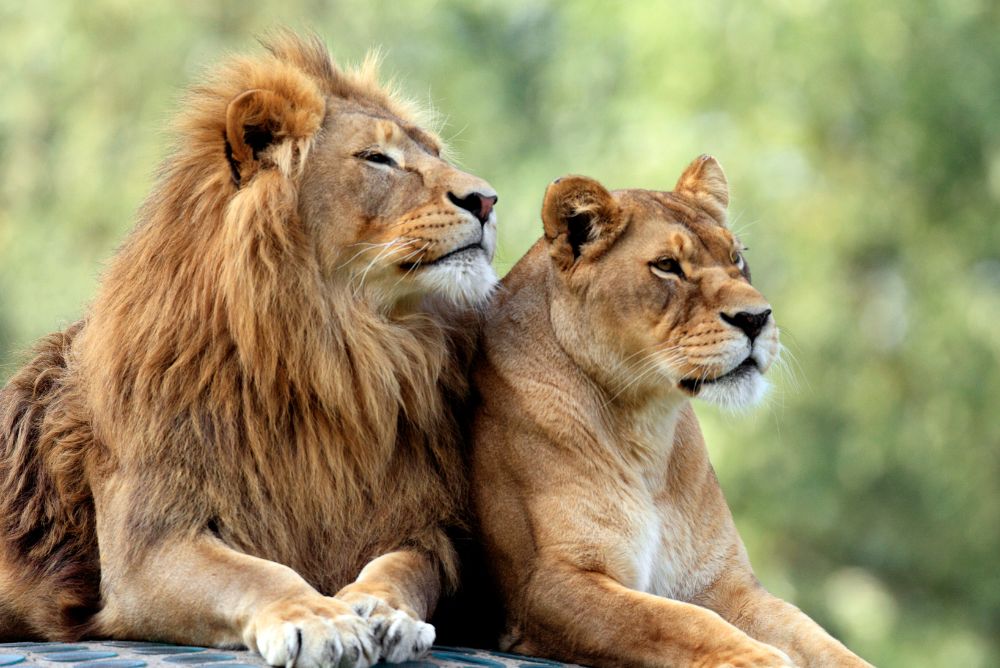

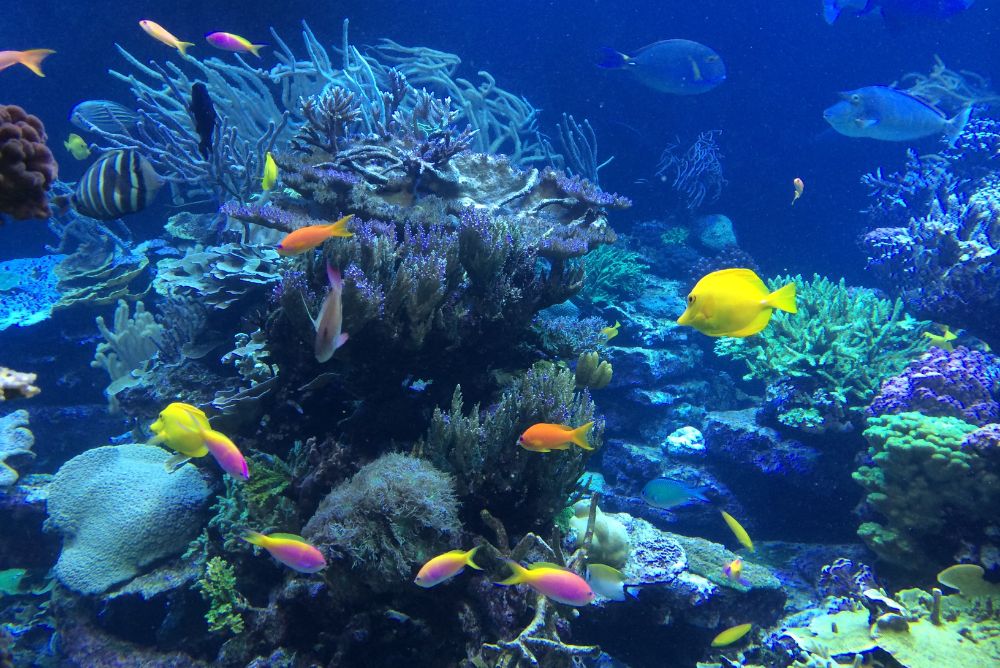
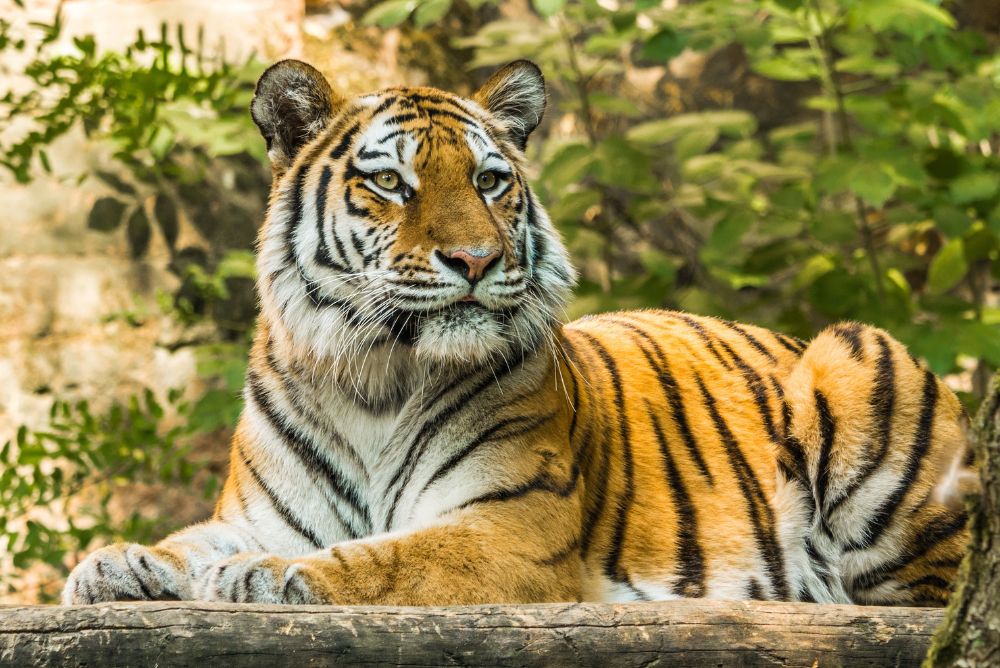
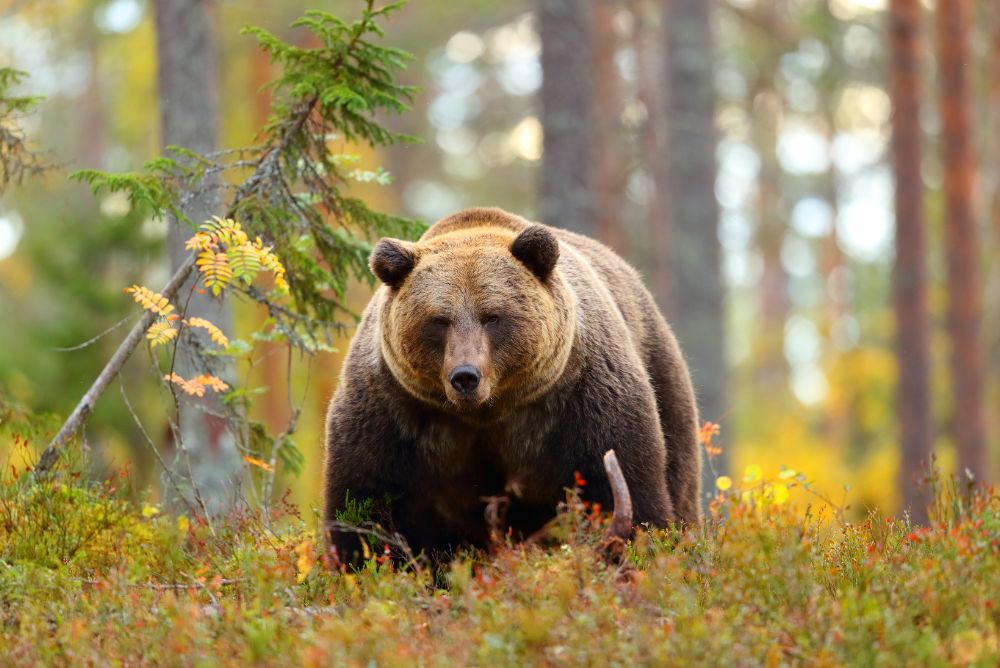
When not in conflict with any of the above guidelines, Charitable Travel does offer and may promote the following venues and activities where tourist can experience animals:
- Genuine animal sanctuaries, rehabilitation facilities and rescue centres that have the highest possible standards of animal care. e.g. sanctuaries certified by the Global Federation of Animal Sanctuaries (GFAS), or other recognised certifications, or elephant venues following World Animal Protection’s Elephant-Friendly venue guidelines. For further guidance on how to recognise a genuine wildlife sanctuary, see World Animal Protection’s checklist on their website.
- Responsible, wildlife watching where a visitor can observe animals in their natural environment from a suitable distance without interrupting their natural behaviours or disturbing their routines, e.g. whale watching experiences certified by the World Cetacean Alliance (WCA) or conducted responsibly.
- Zoos and aquariums that are accredited by members of the World Association of Zoos and Aquariums (WAZA) or other recognised national zoo and aquarium accrediting bodies which do not hold cetaceans in captivity and do not use wild animals for direct contact activities with visitors or have them perform in shows. (keep in mind that these accreditation/affiliations alone can’t be relied on as a measure of good welfare.)
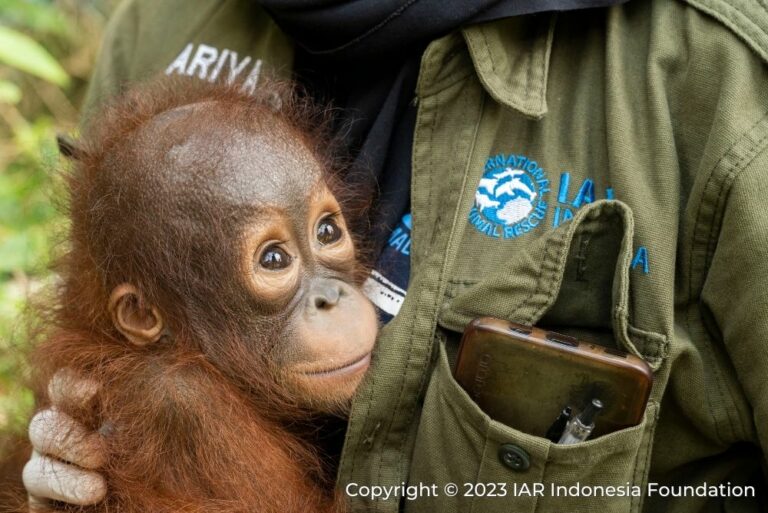
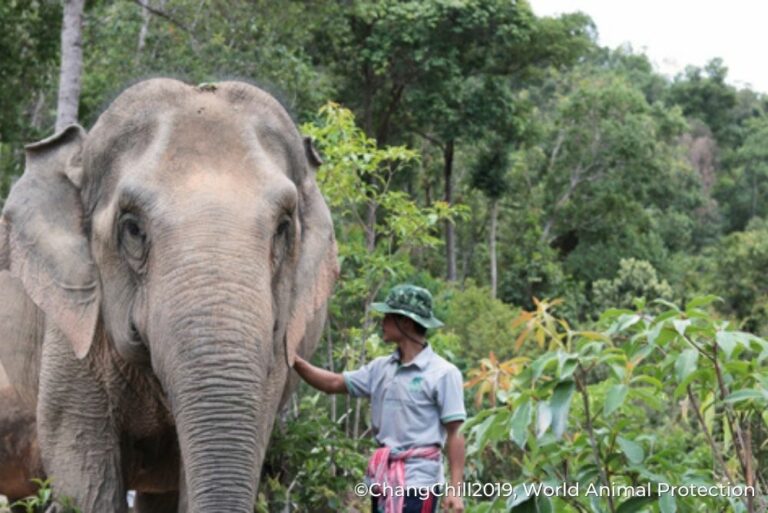
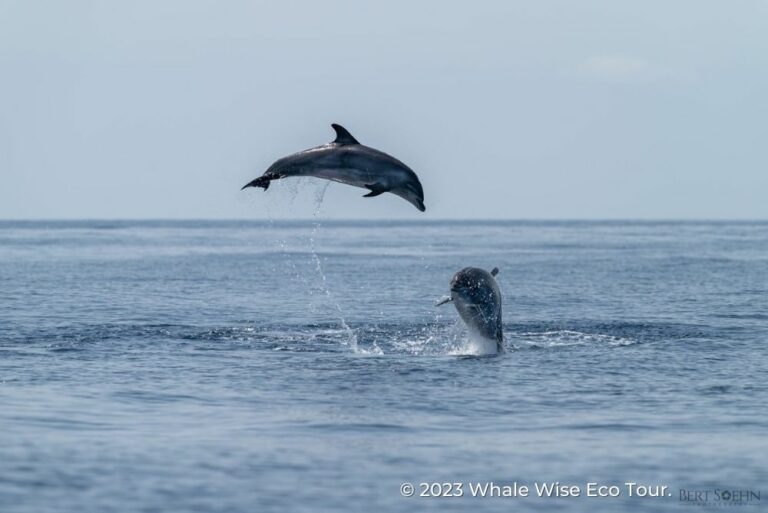
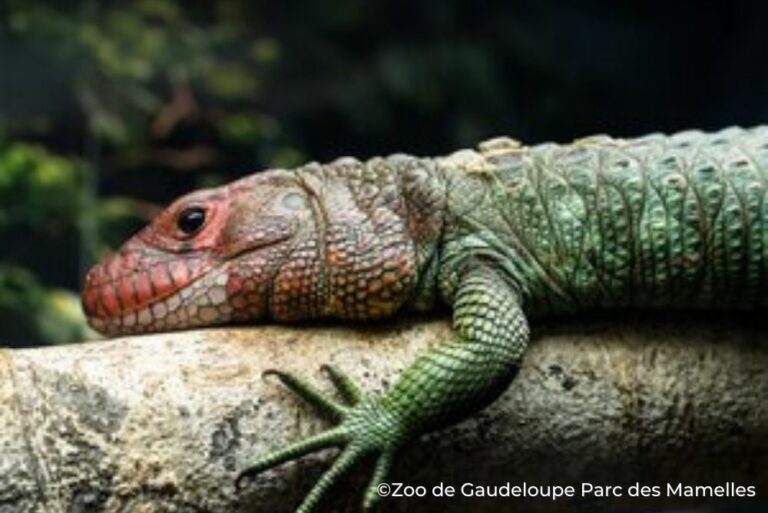
Book your animal conservation trip with Charitable Travel and donate 5% of the price to the charity of your choice for free!
Get in touch with our expert travel agents to plan your perfect escape!


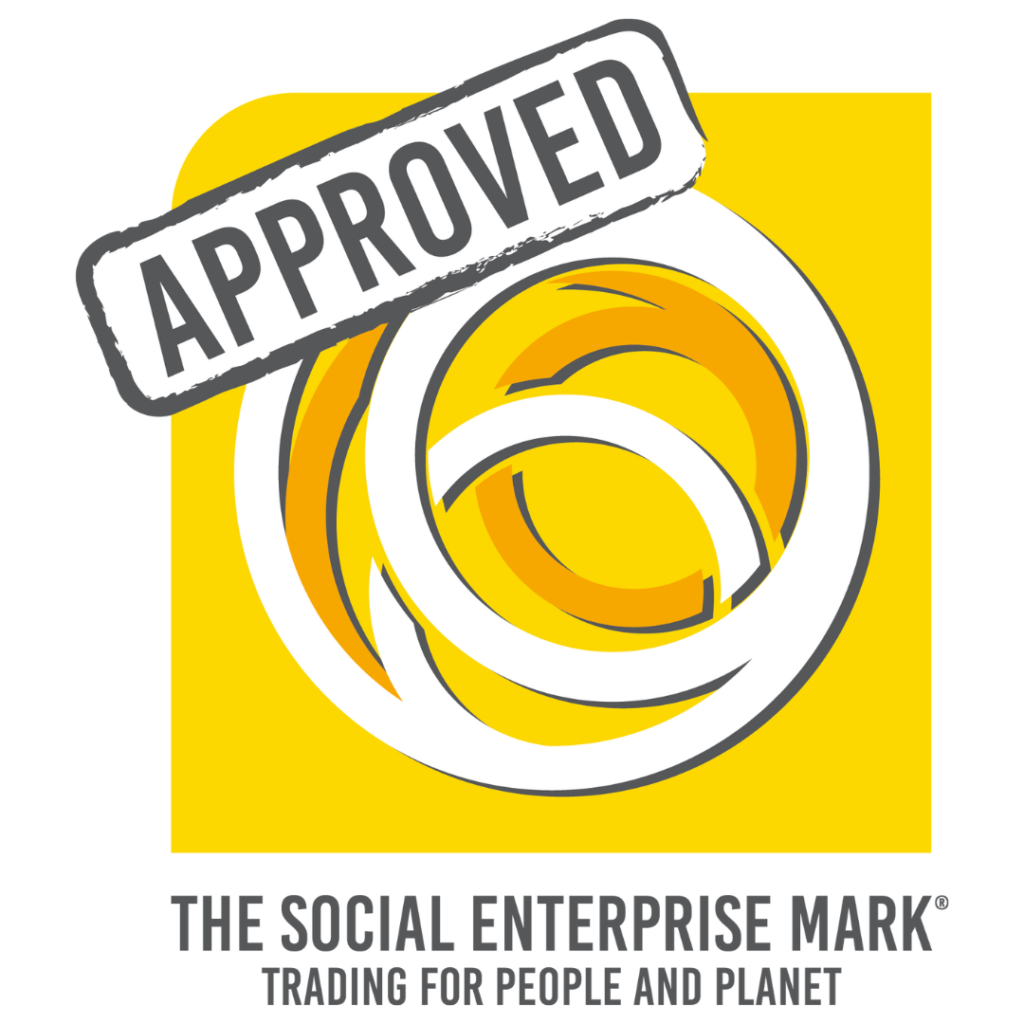



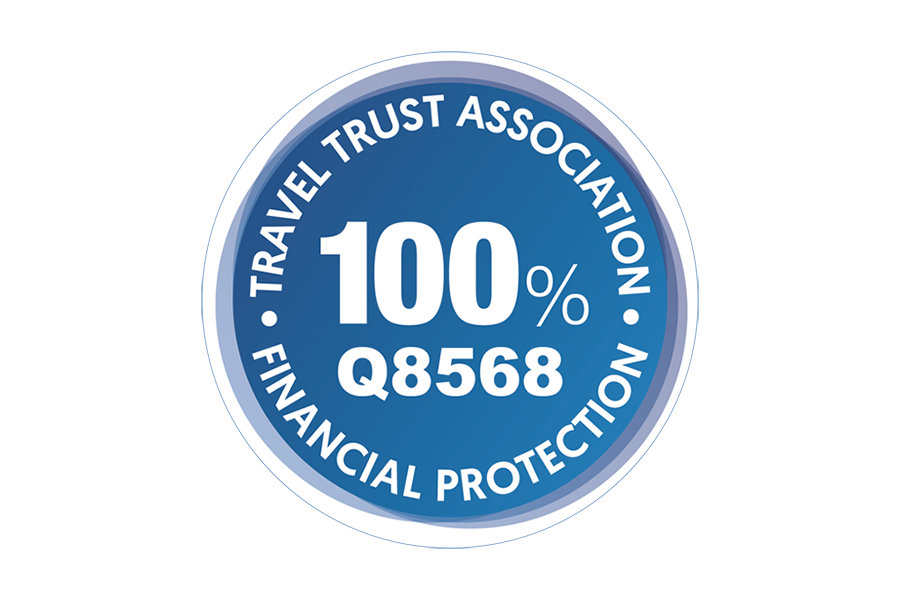

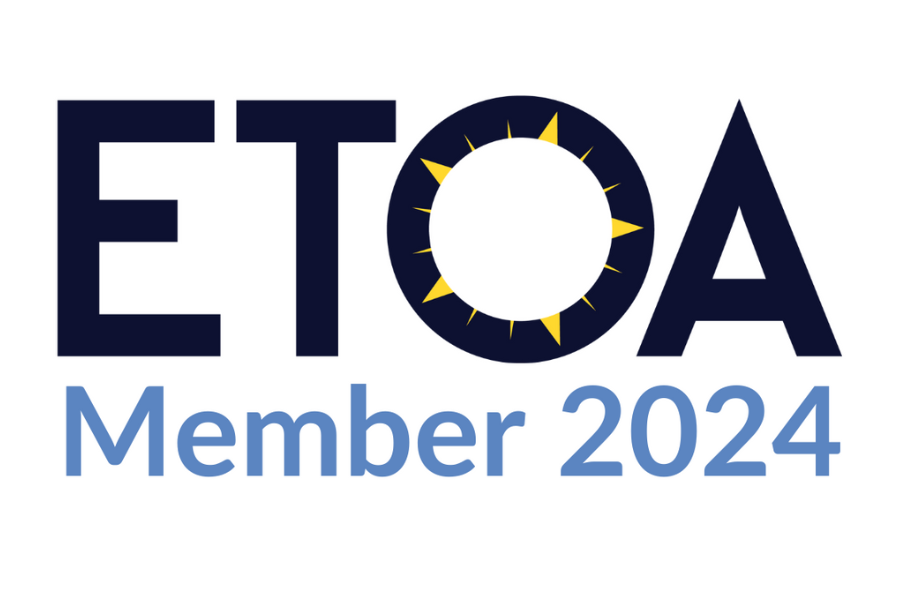
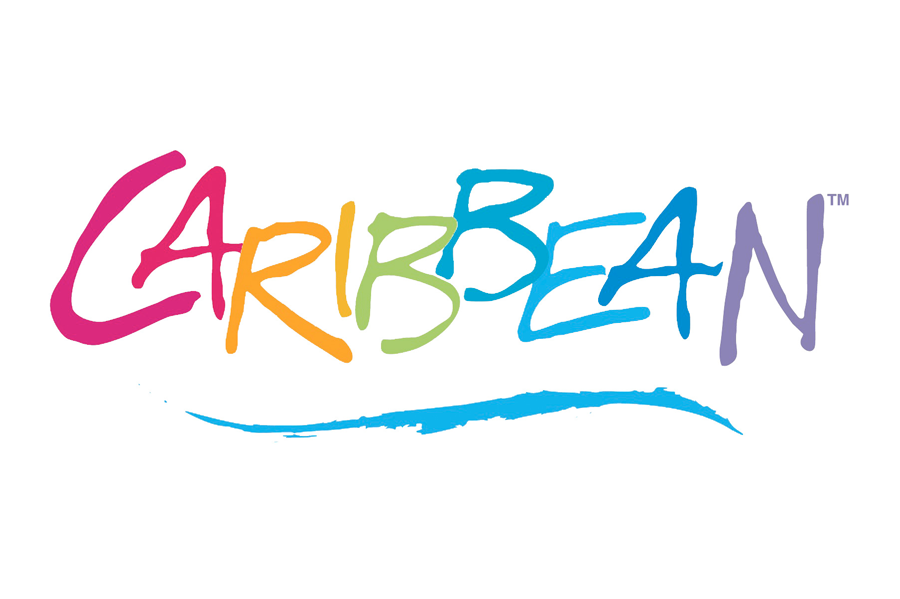
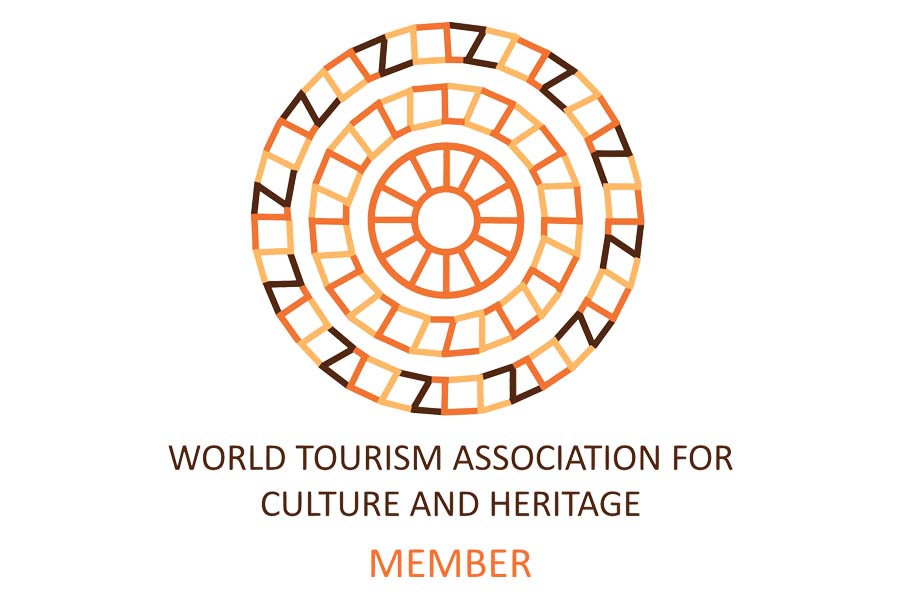
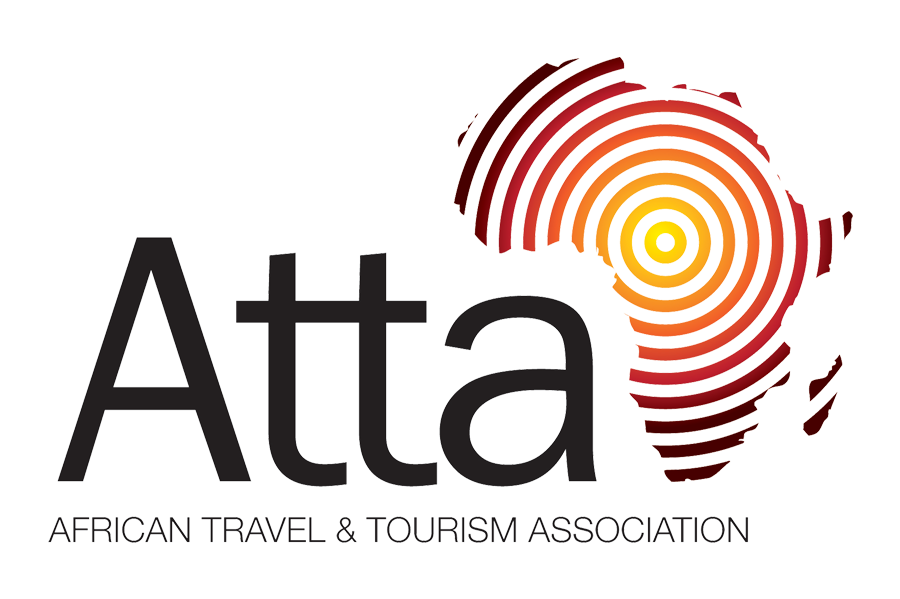


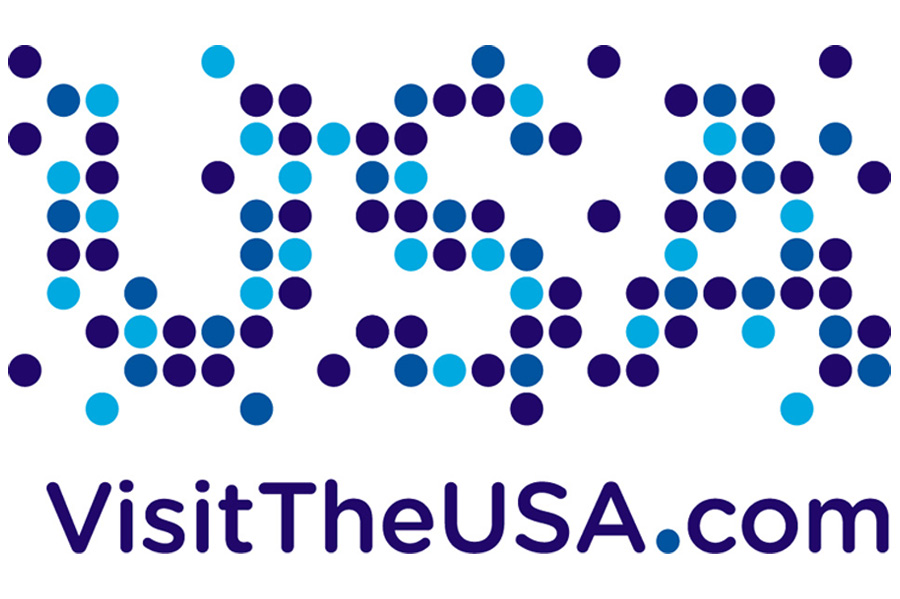


 by net effect
by net effect